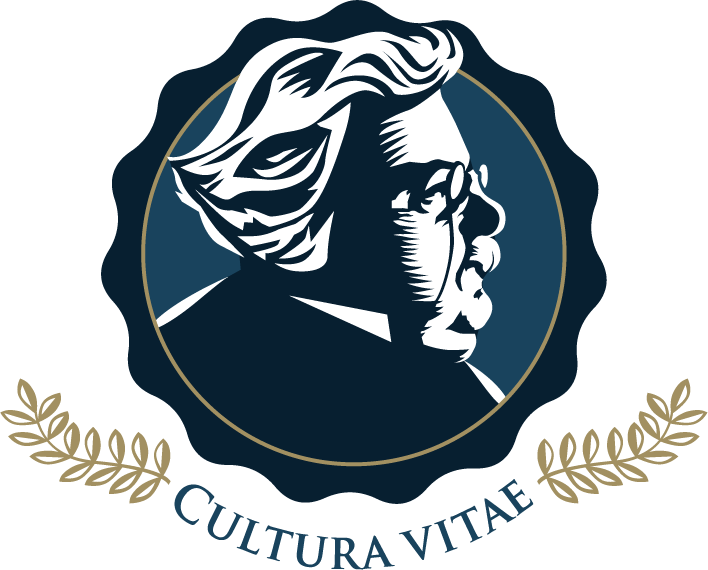Better Readers Respond
To become a better reader, you’d do well to read Mortimer Adler’s How to Read a Book and A. G. Sertillange’s The Intellectual Life. Here are seven tips of my own to improve your reading experience:
1. Think ‘structure’ then ‘content’. Get a mental map of the book into your head before loading in its contents. Do this by checking out the Table of Contents, Chapter Abstracts and Subheadings, and any other guidance given by the author in the introduction about how the book is structured. It’s not cheating to read end-of-chapter summaries all through before starting your ‘real reading’ of the book.
2. Get ready to highlight &/or underline key points and quotable quotes. This interaction with the material helps you a) get the key points in the first place, b) quickly refresh your memory and get back up to speed when you continue reading after a long break and c) respond later (See #7). Put smiley faces, exclamation points and question marks beside passages you find funny, surprising, or dubious. Pick out just the words you need to highlight a pithy summary sentence in each section, or chapter. I read with a bookmark loaded up with reusable stick-on flags if it’s a book I can’t write in.
3. Listen to the sound of the words as you read, when you are reading for deep integration of the material within your own being. As Adler teaches, there are, rightly, different reading styles appropriate to different reading goals. Speed readers skip this interior hearing of the words as their eyes scan quickly for ‘the gist’. Linking visual with auditory awareness as you read is the ideal for more fully dimensional apprehension.
4. Connect this material with other things you’ve read. Make notes in the margin referring to other books, recording your memory of another author’s disagreement, or noting a title that develops certain points more fully. This cross-referencing will come in handy if you decide to explore this subject more fully, but its primary value is to strengthen the web of associations that ‘hold’ the mental input in memory.
5. Read in smaller portions, more frequently. On the one hand, there will be less to ‘digest’ and, on the other, you’ll exercise mental recovery of your understanding-to-this-point each time you return to the material after an interval away. I’m interested not only in how much your eyes/brain can take in, but in how deeply encoded and accessible is the material within your whole being.
6. Have several books going, on different subjects, at any given time. This contributes to ‘smaller portions’ and to ‘connect material’, and also takes advantage of the fact that you’ll have different reading ‘moods’, levels of attention, or capacity for different levels of difficulty at various times of day, and under the variety of circumstances your life presents. A key factor in retention of what you read is whether you first place your interest in the material. Having more than one to choose from makes you stop and think, “What do I actually want to read about right now?” which engages your conscious interest and freedom more fully.
7. Respond. This step is probably the most often skipped, and yet the most powerful one for increasing the quality of the reading you do. Write a brief précis, tell a friend about what you’re reading and restate the author’s key thoughts in your own words, write to the author with thanks for the book or questions you’d like to discuss further, review it on your blog or on Amazon, capture all your highlights into a book digest for future reference, do something real to keep the act of reading from feeding only your intellect. Engage the will, the creative freedom and the body in some response to what you have read. Perhaps the author has encouraged you to write to a senator, help at a homeless shelter, or contribute to a particular charity. Your response might be to check out more books on the topic, recommend the book to a friend, pray for the author, create a derivative work of art, or make related travel plans.
A response doesn’t have to be ‘bookish’ or consume lots of time. It just has to engage you in a free action of some kind that flows from your reading. Keep it small, keep it real. If you are a bookaholic, this step will slow you down and help you stop popping books like pills to get the next head rush of mental stimulation. If you aren’t an enthusiastic reader, this step will help you enjoy reading as the foundation for a broader experience with new ideas. Conversation is the easiest and, I think, the most enjoyable response that flows from interested and engaged reading. Consider yourself blessed if you have someone to share with when you get your nose out of the latest book!

